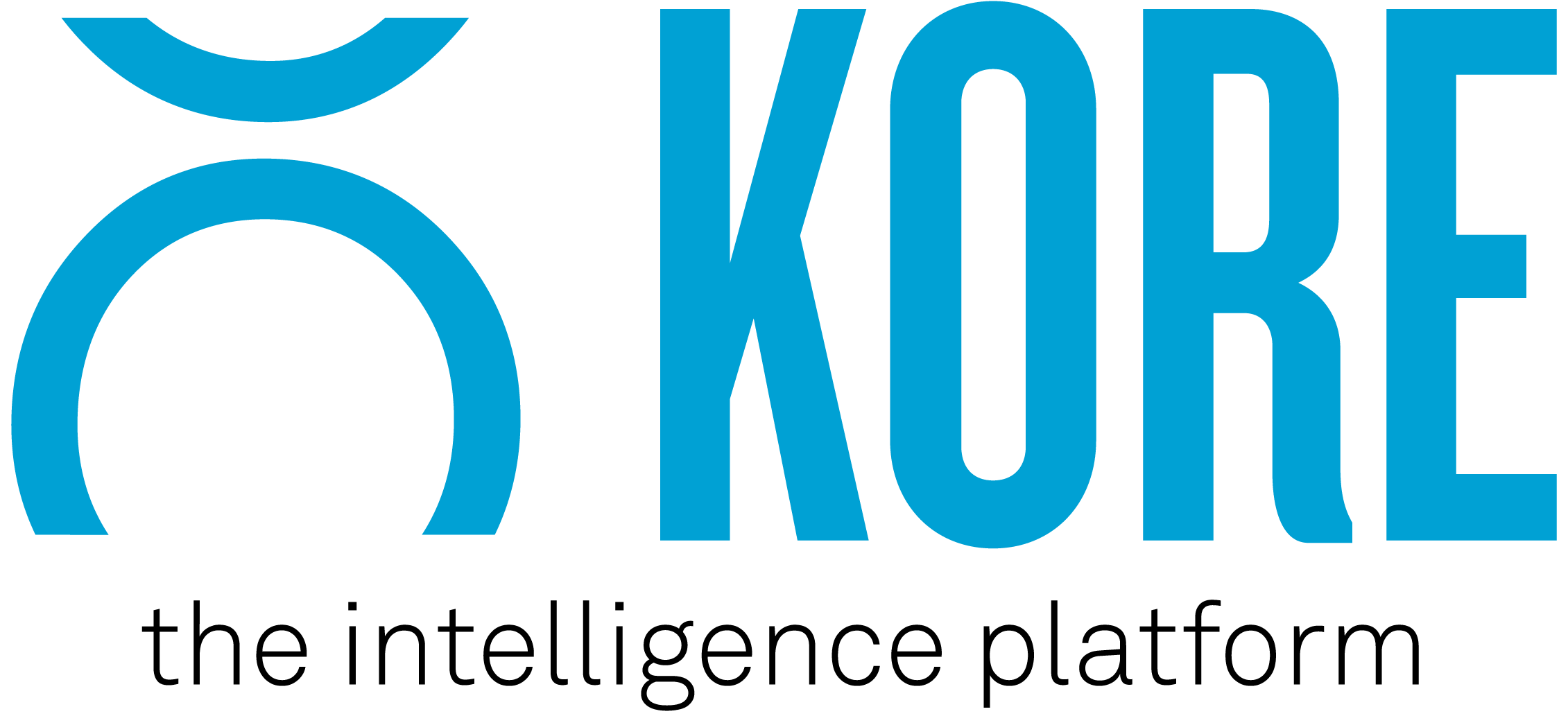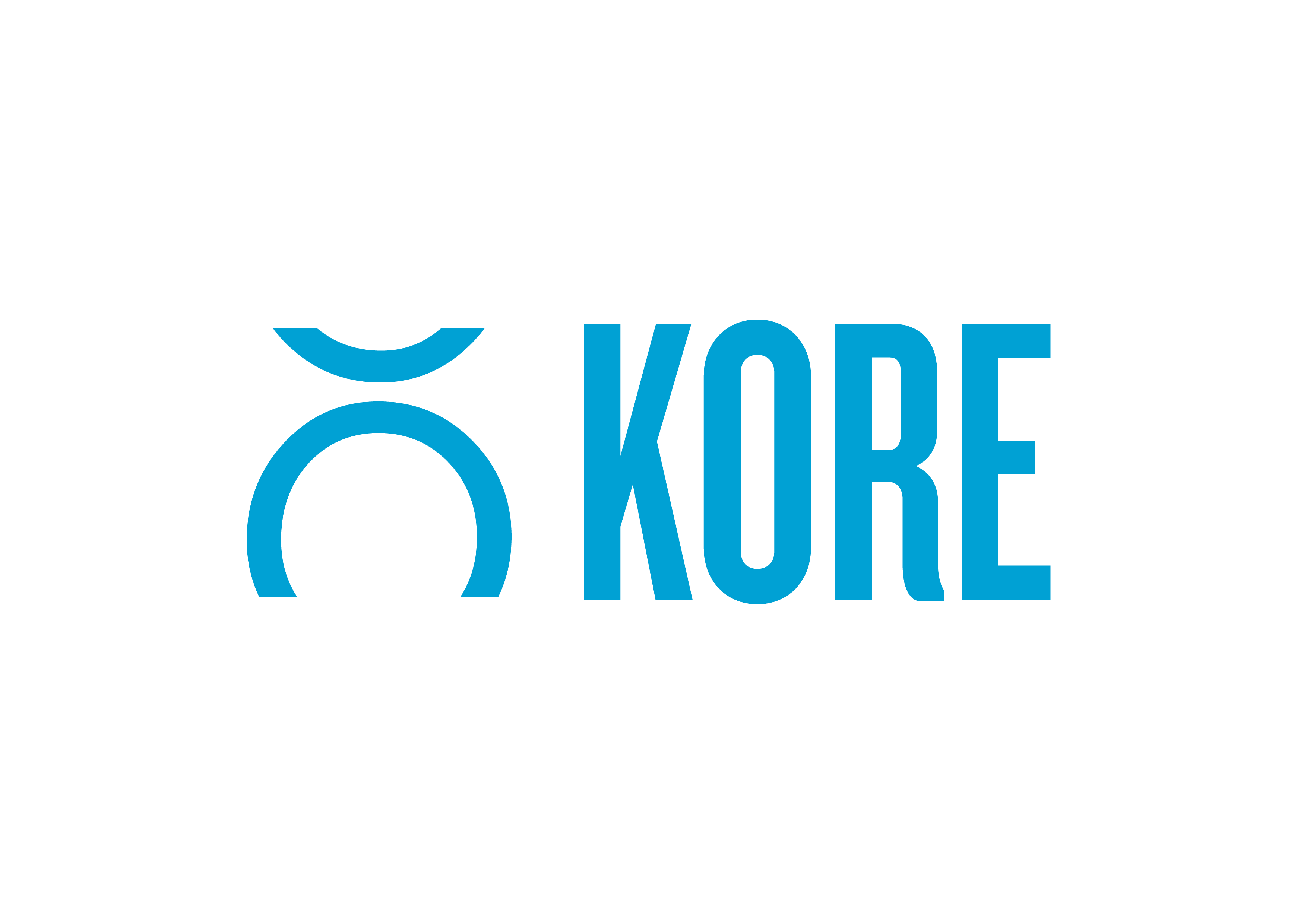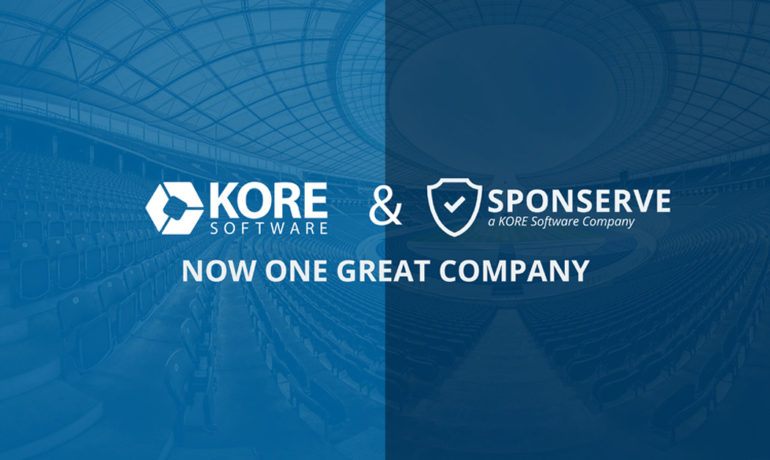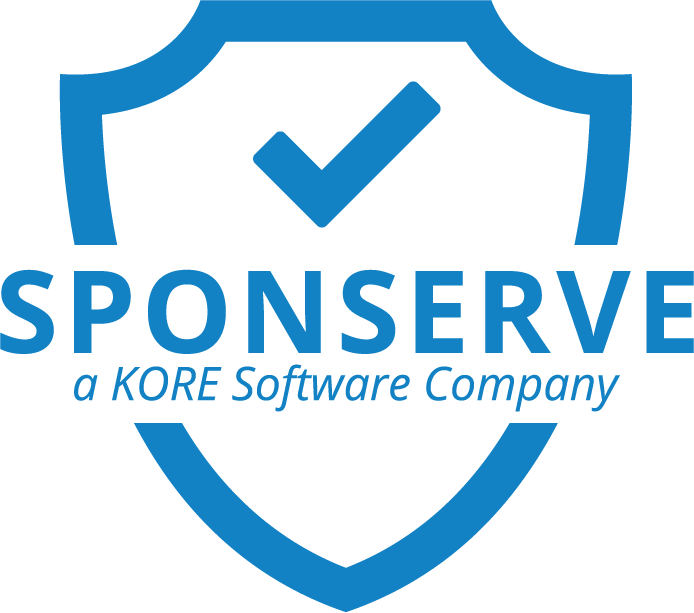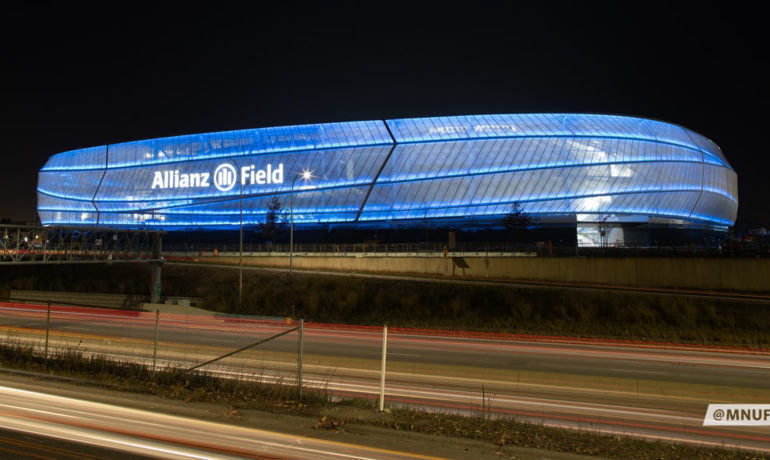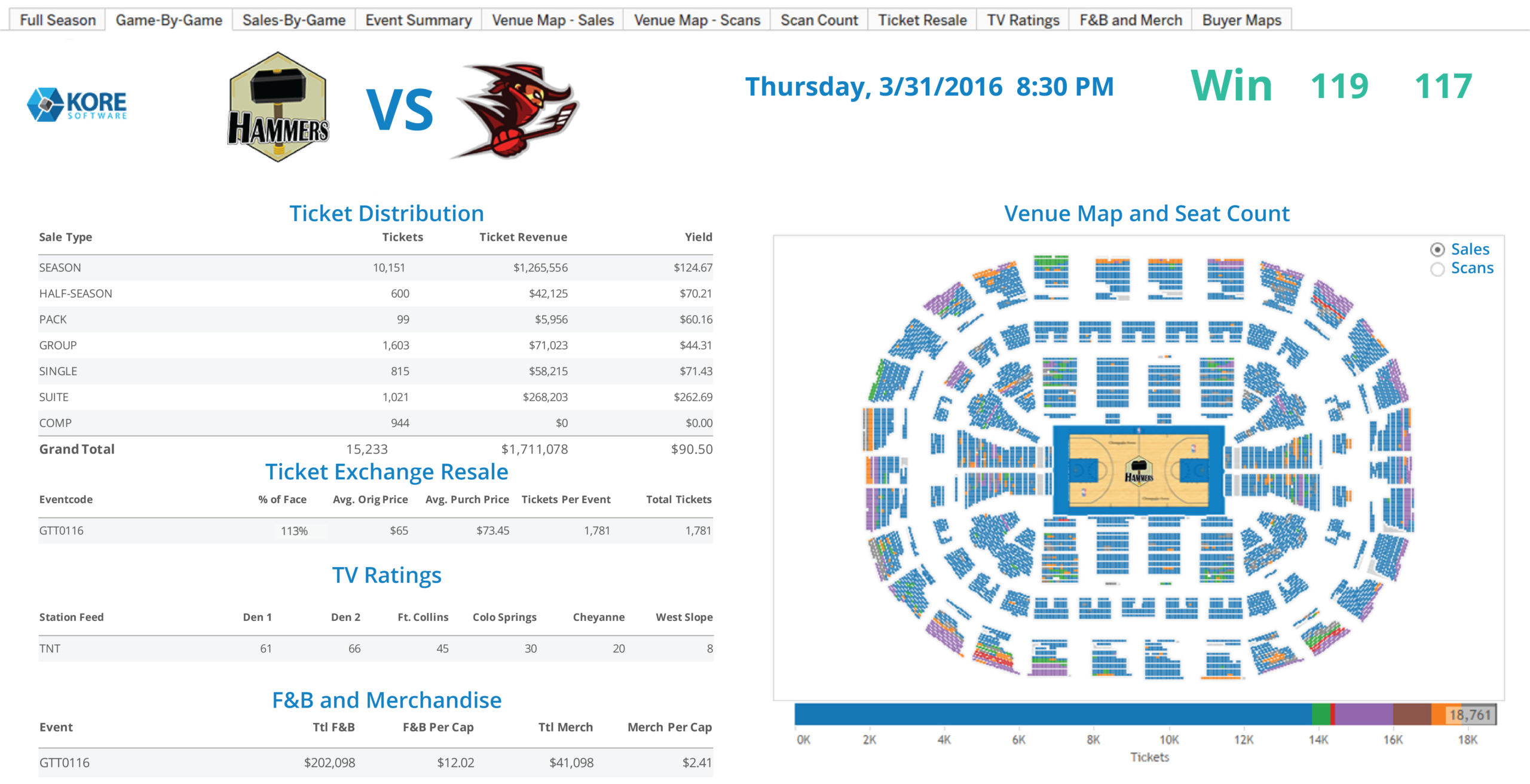The Increasing Importance of B.I. in Sports and Entertainment
Sponsorship reporting is nothing new. It has been around since the dawn of sponsorship itself, however, as we know (and have spoken about in this blog before), it has become a lot more purposeful and analytical.
Companies such as Nielsen Sports (formerly Repucom), have, for the past decade or more, been providing data for the reporting of sponsorship wins and losses from a media equivalency/asset value perspective. So successful has this been that it is now seen as somewhat of a currency within the sponsorship industry and a staple expenditure item for anyone reporting their reviews.
The success of this data collection and reporting has, particularly over the past few years, led to both ends of the sponsorship process (sales and reporting), to move towards a far more analytical approach. We now see the best organisations in the world with specialised B.I. staff and, in some cases, business units which feed not just the revenue generating areas of the business but across all areas of the business.
Where did this emergence come from?
The emergence of technology (such as those we deliver at KORE Software to more than 550 organisations) has led to much more accessible data and the development of systems to analyse those data sources, make sense of them, and present them in a sensical way via graphic representation. This is allowing organisations to avail this information to staff, no matter their position on the organisation chart, to help them do their jobs in a faster, smarter, and more engaging way.
The use of B.I. within a business is not a new concept. It has been used in businesses of all types for many years to aid in decision-making, however, until recently, it has been a very manual process due to the analytical nature of it.
Within the sports and entertainment industry, I credit businesses such as Repucom for showing the value of data analytics and for aiding in the presentation of information to provide confidence in the decision-making process. The existence of such organisations, along with the availability of technology, has made this information, and theory of data to present information, much more available to the time-poor and comparatively resource-light industry that is sports and entertainment.
By far and away though, the growing voice of the sponsoring brands, and the treatment of sports and entertainment as genuine businesses, is the key reason behind data analytics and B.I. as potentially the most important aspect of the industry now and into the future.
Why is it so important?
B.I. is vital to any successful organisation. Even if the organisation doesn’t realise it, every business is undertaking B.I. for internal reporting and decision making so they can report to ownership groups, the board, and pitch to potential sponsors or investors; everything has some sort of data backing.
Data is literally the only quantitative resource we can use to represent the truth in any conversation. Being able to access, analyse, and report upon these ‘truths’ is the only sure-fire way we can confidently stand by the claims we are making.
In all areas of the sports and entertainment industry, B.I. specialists are now being deployed to help across performance, finance, ticketing, fan engagement, sponsorship, HR, PR, and for executive & board reporting. Their job is to help provide a true picture, understanding, and to allow for the accurate contrast and comparison of information that is otherwise developed by opinion, gut-feel, or history.
What does the future hold?
In my opinion, B.I. is the single most important addition to any business within the sector. Those who are good at it provide ROI almost from the first report they provide. Those companies who are providing systems to B.I. specialists, so they can automate the data representations, are enhancing, speeding up, and aiding the manipulation of the data to get real ‘deep & dirty’ which allows them to predict the future path of any business.
Whilst businesses such as Repucom paved the way, it is a combination of the evolution of technology, technology companies, and the employment of those who can understand the information, which will take sports and entertainment businesses into the next stage of success both inside and outside of the competitive arena.
Written by: Mark Thompson
KORE is the global leader in engagement marketing solutions, serving more than 200 professional teams and 850+ sports and entertainment properties worldwide, providing practical tools and services to harness customer data, facilitate sponsorship sales and activation, and create actionable insights.
